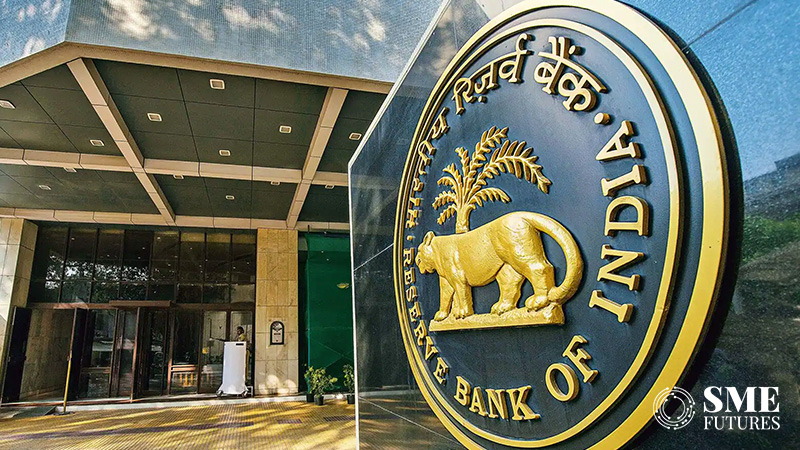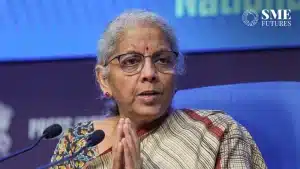With Reserve Bank of India’s (RBI) Monetary Policy Committee (MPC) set to meet to decide on the policy rate revision, industry lobby body ASSOCHAM has urged the former for a moderate repo rate hike.
ASSOCHAM has also requested the RBI to treat retail loans for purchase of electric vehicle (EV) as priority sector lending.
According to ASSOCHAM, the interest rate hike should be moderate so that the rising cost of borrowing does not have an adverse and disproportionate impact on the nascent economic recovery post the pandemic.
At most, the new rate hike should not exceed the 25-35 basis points (bps) band, ASSOCHAM said in a letter to RBI Governor Shaktikanta Das, along with highlighting other issues facing the industry.
Also Read: India’s G20 presidency: A great opportunity
One of the key recommendations advanced by ASSOCHAM is to treat retail loans for purchase of EVs as priority sector lending, with a concessional rate of interest.
“Retail advances against EVs may be included under priority sector lending. This may help in catalysing India’s EV story,” ASSOCHAM Secretary General Deepak Sood said.
As regards increasing cost of borrowing, the chamber said that the recovery in the Indian economy is quite noticeable, especially in the backdrop of the global head winds.
However, it is still in the nascent stage and needs to be supported.
“Signs of inflation peaking are visible when it comes to the domestic economy. Even in the developed markets, early indications of inflation peaking are visible, thus setting a stage for the RBI-MPC to move towards halting the rate hike cycle,” Sood said.
Also Read: SMBs need to prioritise data protection—and MSPs can help
In another suggestion, the chamber said RBI may consider a special window of borrowing for IREDA at repo rate, to ensure availability of low-cost funds for renewable projects.
In a unique proposition, ASSOCHAM urged the central bank to consider a time bound approach for getting all banks under Account Aggregator (AA) framework.
The framework helps an individual to access and share information from one financial institution to any other in the AA network securely and digitally. Other financial institutions, regulated by SEBI/IRDAI may be encouraged to join the framework as information providers and information users.










